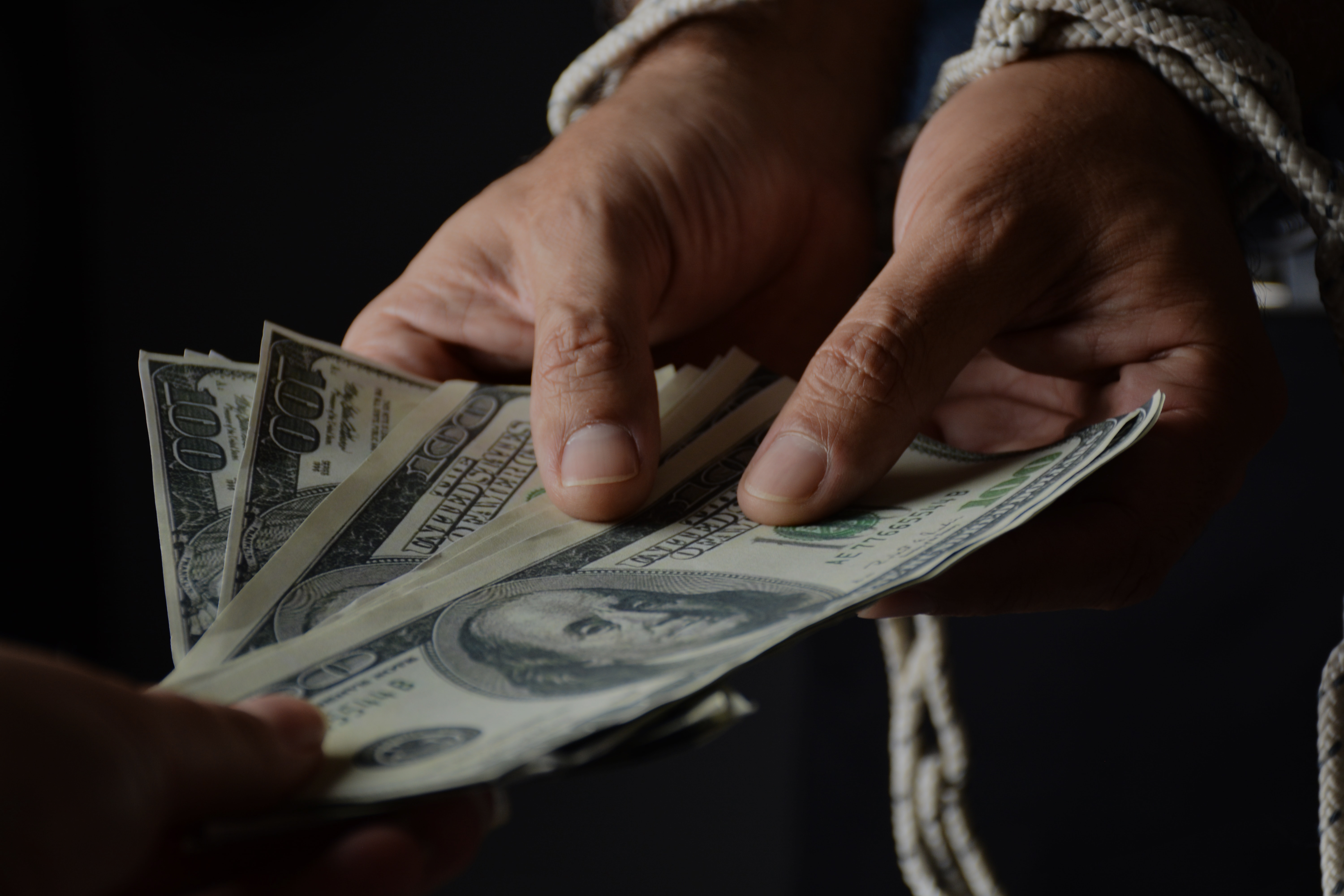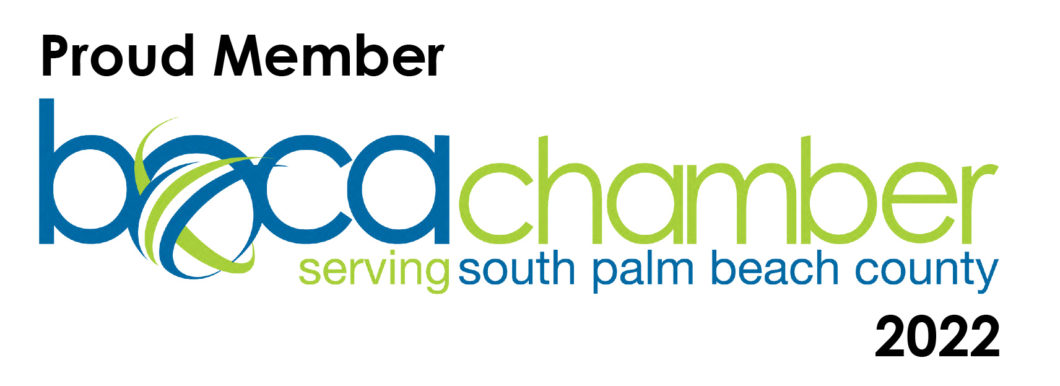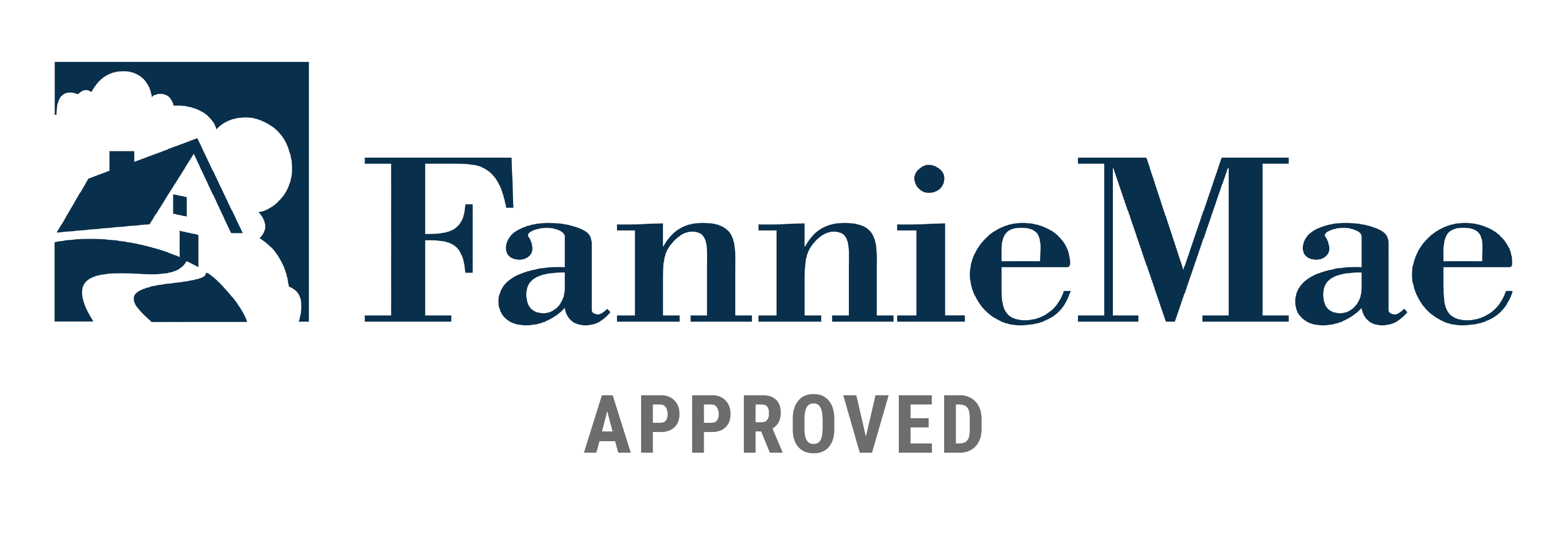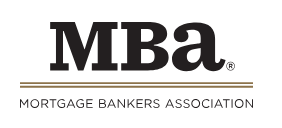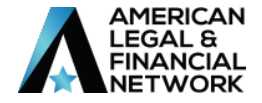In Florida, the “safe harbor” statue offers protection for new titleholders against assessment liability. This means that, if a delinquent homeowner or condo owner was foreclosed upon and had their home turned over to the bank or Home Owners Association, the new owner of the title cannot be held responsible for any acquired fees from the previous owner during the foreclosure process.
What does this mean for Homeowners Associations or condominium associations? When one homeowner passes along a title to a new homeowner, it is typical for the new homeowner to accept certain liabilities from the previous owner during the purchase process. In the case of foreclosure, however, this is different. So, how can HOAs collect from delinquent owners during or even after the foreclosure is complete? What rights do these organizations have under safe harbor to collect from these individuals?
What is Permissible to Collect Under Florida’s Safe Harbor Statute?
Safe Harbor statute offers protections for new title owners against being responsible for fees they did not acquire. However, new homeowners or condo unit owners do take on some responsibility when they purchase the new title. To better understand how safe harbor works for, it’s best to take a look at the statute itself.
Here’s what the safe harbor statute has to say about a title owner’s responsibility for fees:
“A unit owner, regardless of how his or her title has been acquired, including by purchase at a foreclosure sale or by deed in lieu of foreclosure, is liable for all assessments which come due while he or she is the unit owner. Additionally, a unit owner is jointly and severally liable with the previous owner for all unpaid assessments that came due up to the time of transfer of title. This liability is without prejudice to any right the owner may have to recover from the previous owner the amounts paid by the owner.”
What this means for you:
● When a home or unit is sold under foreclosure (or in any circumstances), the new titleholder is held responsible for all fees, along with the previous owner.
● The new owner may be able to recover fees from the previous owner, in some circumstances.
However, the level to which the new and previous homeowners can be held responsible for fees acquired during the foreclosure process due to delinquency varies. The statute makes it clear what types of fees can be assessed from either owner.
Here’s what the statute says specifically about the direct amounts the title owner may be held responsible for:
“The liability of a first mortgagee or its successor or assignees who acquire title to a unit by foreclosure or by deed in lieu of foreclosure for the unpaid assessments that became due before the mortgagee’s acquisition of title is limited to the lesser of:
a. The unit’s unpaid common expenses and regular periodic assessments which accrued or came due during the 12 months immediately preceding the acquisition of title and for which payment in full has not been received by the association; or
b. One percent of the original mortgage debt. The provisions of this paragraph apply only if the first mortgagee joined the association as a defendant in the foreclosure action. Joinder of the association is not required if, on the date the complaint is filed, the association was dissolved or did not maintain an office or agent for service of process at a location which was known to or reasonably discoverable by the mortgagee.
c. The person acquiring title shall pay the amount owed to the association within 30 days after transfer of title. Failure to pay the full amount when due shall entitle the association to record a claim of lien against the parcel and proceed in the same manner as provided in this section for the collection of unpaid assessments.
e. Notwithstanding the provisions of paragraph b., a first mortgagee or its successor or assignees who acquire title to a condominium unit as a result of the foreclosure of the mortgage or by deed in lieu of foreclosure of the mortgage shall be exempt from liability for all unpaid assessments attributable to the parcel or chargeable to the previous owner which came due prior to acquisition of title if the first mortgage was recorded prior to April 1, 1992. If, however, the first mortgage was recorded on or after April 1, 1992, or on the date the mortgage was recorded, the declaration included language incorporating by reference future amendments to this chapter, the provisions of paragraph (b) shall apply.
What this means for you:
● The previous title owner or new title owner can either be held responsible for amounts that became due within 12 months of the foreclosure time period, or be held responsible for 1% of the mortgage debt, depending on the circumstances. Neither the new titleholder or the previous title holder can be held responsible for both.
● When the foreclosed home or unit is sold, the acquired fees that can be collected are due within 30 days.
● These provisions only apply in circumstances in which the home was sold after April 1, 1992.
There’s More to Safe Harbor to Understand
Understanding the full provisions of safe harbor and how they may apply to your circumstances can be a challenge. Working with a real estate attorney can help ease the burden and increase the likelihood that your HOA or condominium association will be able to acquire the fees you are due.
At Lubliner Law, we have a team of dedicated attorneys who are committed to your success. We will help you understand the ins and outs of safe harbor and how it applies to your unique circumstances. Connect with us today for a free consultation and see how we can serve you.

